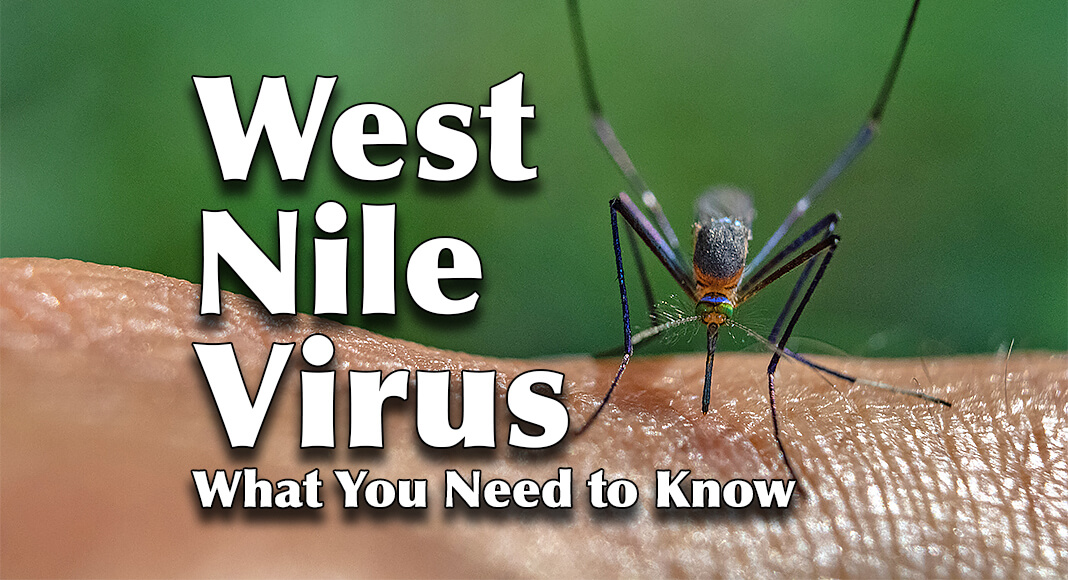
Mega Doctor News
LEVELAND CLINIC – With more cases of West Nile virus being reported here in the US, some people may be wondering how it spreads and what can be done to stop it.
“There are specific mosquitoes that carry the West Nile virus. Not every mosquito carries it, so getting bitten by a mosquito doesn’t mean you’re going to get West Nile virus,” said Lyssette Cardona, MD, infectious disease specialist for Cleveland Clinic Florida. “But the mosquitoes that have been infected through a bird that has it, then they carry it in their belly and when they bite you, they can transmit it to humans.”
Dr. Cardona said in most cases, a person who gets infected with West Nile virus will not show any symptoms.
However, those who do may get a fever, headache, body aches, vomiting, diarrhea or a rash.
In rare instances, West Nile can be deadly.
Dr. Cardona said as of right now, there is no specific medication to treat it, nor any vaccination available.
The virus is typically treated through supportive care.
“For West Nile and most mosquito-related illnesses, the best protection is to prevent mosquito bites. And so, at a personal level, if you’re going to travel, or if you’re around areas where there may be a lot of exposure to mosquitoes, just make sure you’re using the repellents that are safe for you, and any specific netting and things if you’re camping,” said Dr. Cardona.
According to the CDC, West Nile virus is the leading cause of mosquito-borne disease in the continental United States.
Dr. Cordona said if you are concerned you may have been exposed, it’s best to consult with your physician.
There is a blood test they can do to confirm.










